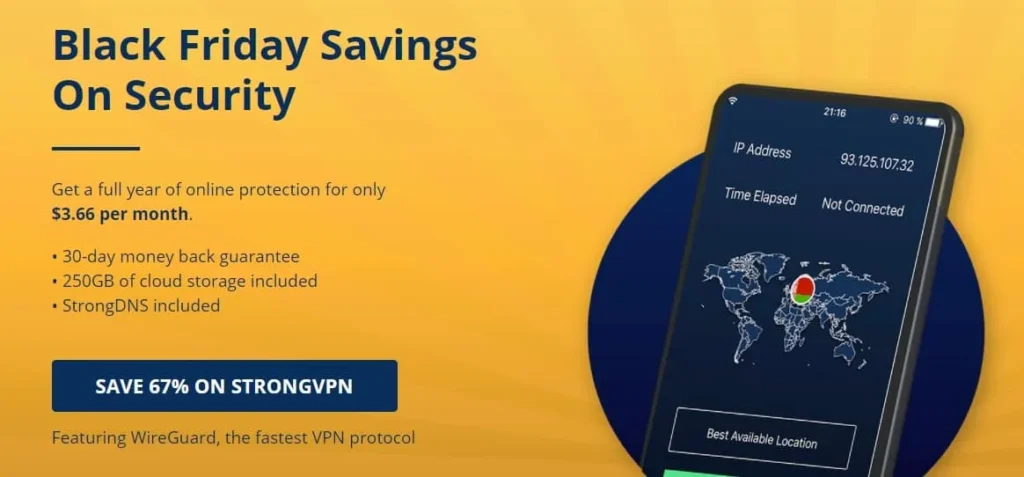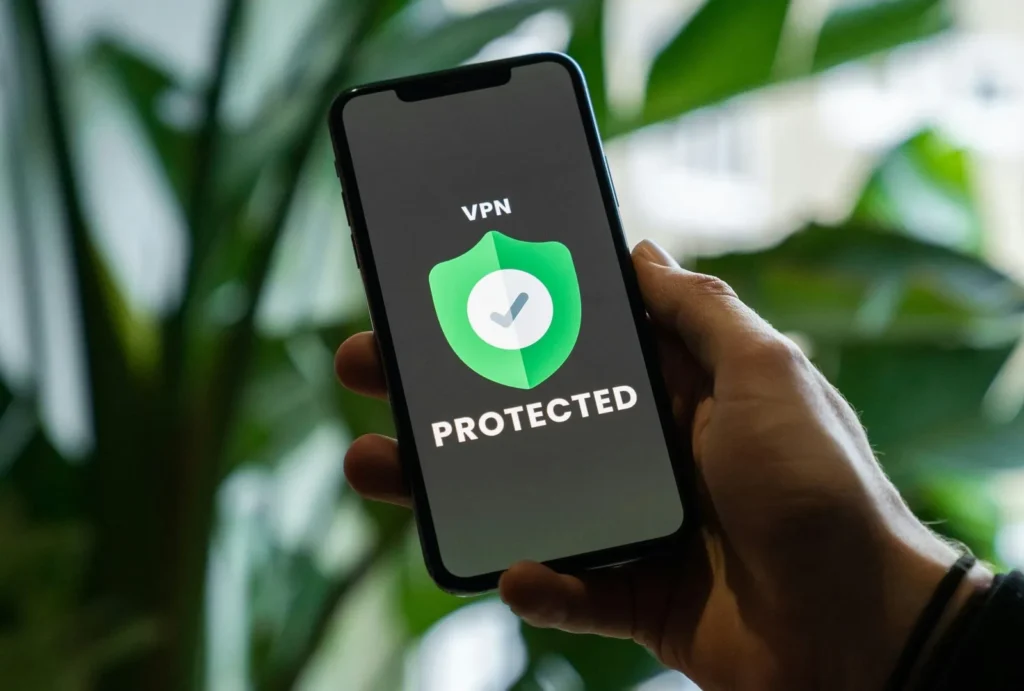Have you ever wondered where using a VPN could potentially land you in legal trouble? With increasing concerns about online privacy and surveillance, many people turn to Virtual Private Networks (VPNs) for a safer internet experience. However, not every country views their use in the same light. Understanding these regulations can help you make informed choices about your online security.

What is a VPN?
A Virtual Private Network (VPN) is a service that encrypts your internet connection and hides your online identity. This means your browsing activity is kept private, and your real IP address is masked. Essentially, it allows you to connect to the internet through a secure tunnel, making it appear as if you are accessing the web from a different location.
How Do VPNs Work?
When you connect to the internet through a VPN, your data is routed through a secure server. This process involves:
-
Encryption: Your data is converted into a code that’s unreadable to anyone who might intercept it. This means that even if someone tries to access your data, all they’ll see is scrambled information.
-
Tunneling: The connection between you and the server is known as a tunnel. This is a secure pathway that helps prevent any eavesdropping.
-
IP Address Masking: Your real IP address is hidden, and you appear to be browsing from the VPN server’s location. This can help bypass geo-restrictions and access content that may otherwise be blocked in your area.
Understanding these basic functionalities is crucial while discussing the legalities of VPN use in various countries.
Why Countries Ban VPNs
Many countries have opted to impose restrictions or outright bans on VPN use due to various reasons:
Control Over Information
Some governments seek to maintain control over the information that their citizens can access. By restricting or banning VPNs, they can monitor online activities more easily and restrict access to foreign news sources or social media platforms that might present dissenting opinions.
National Security Concerns
In regions where political tensions are high or where governments feel threatened by dissent, they may view VPNs as tools used for criminal activities or even terrorism. Thus, a ban is deemed necessary for maintaining national security.
Censorship
Countries that practice heavy censorship may regard VPNs as a threat to their ability to control internet content. By blocking VPNs, they can ensure that their citizens are only exposed to state-approved information.
Economic Factors
In some cases, countries may want to protect their local industries by limiting the presence of foreign service providers, which can include VPN services.
Countries Where VPN Use is Illegal
Knowing the countries where VPN use is illegal can save you from legal complications. Below is a detailed list of countries that impose strict bans on VPN services.
Countries with Legal Restrictions on VPN Usage
| Country | Reason for Restriction |
|---|---|
| China | Censorship and control over information |
| Iran | Government surveillance and censorship |
| Russia | Monitoring and restricting online activities |
| Turkey | Control over political dissent and media |
| North Korea | Complete control over internet access |
| UAE | Restricting VoIP services and specific websites |
| Oman | Censorship and monitoring of online activities |
| Iraq | National security and monitoring concerns |
| Belarus | Political control and restrictions on dissent |
| Afghanistan | Fear of misuse for terrorism and criminal activities |
China
China’s Great Firewall is perhaps one of the most notorious examples of internet censorship globally. The government employs sophisticated methods to block foreign websites and monitor internet traffic. VPNs are heavily restricted, and using one can lead to fines or even imprisonment. The justification often revolves around maintaining social order and state security.
Iran
Iran closely monitors internet use and has implemented strict control over its digital landscape. VPN use is restricted to only government-sanctioned services. Those caught using unapproved VPNs face serious penalties, including fines and possible imprisonment.
Russia
In Russia, the government has sought to increase control over the internet by banning unauthorized VPN services that do not comply with their data storage laws. The authorities argue this is needed to prevent illegal content and promote “digital sovereignty,” but critics claim it stifles freedom of expression.
Turkey
Turkey has seen increasing crackdowns on VPN use, particularly following attempts to suppress dissent and control media narratives. The government has enforced blocks on various social media sites in the past, leading many to rely on VPNs. However, using one can land users in legal trouble.
North Korea
In North Korea, the internet is heavily restricted and controlled. The majority of citizens don’t even have access to the global internet. Any attempt to use a VPN here is considered a serious offense, with severe repercussions for those caught.
United Arab Emirates (UAE)
While using a VPN is technically legal in the UAE, the government has strict regulations that prohibit the use of these services to access blocked content, such as VoIP services like Skype and WhatsApp calls. Violations can result in hefty fines or imprisonment.
Oman
Oman’s government also imposes strict regulations on internet access, limiting the use of VPNs to government-sanctioned services. Using unauthorized VPNs can result in serious penalties.
Iraq
In Iraq, authorities are increasingly sensitive to what citizens can view online, especially with rising political tensions. Using a VPN without approved government permission can lead to fines or more severe repercussions.
Belarus
In Belarus, the government has a history of suppressing dissent both online and offline. VPN use has been restricted to ensure that the government has control over the information that citizens can access.
Afghanistan
In Afghanistan, VPNs are viewed with suspicion, often associated with terrorist activities or criminal enterprises. As a result, using a VPN can attract the attention of law enforcement.
Consequences of Using VPNs in These Countries
Navigating the legal landscape of VPNs in these regions can be complex, and the consequences of using an unauthorized VPN can vary widely:
Fines
In many countries, individuals caught using unauthorized VPNs can incur significant fines. The amount varies depending on the severity of the infraction and the specific country’s laws.
Imprisonment
In the most stringent countries, utilizing a VPN can lead to imprisonment. Even short-term detention can be devastating to one’s life and career.
Surveillance and Monitoring
Governments may closely monitor individuals suspected of using VPNs, leading to a heightened risk of getting caught. Increased surveillance can make using a VPN incredibly risky.
Blocking of Services
Countries that have banned VPNs often employ advanced firewall technologies to block known VPN servers. Attempting to circumvent these blocks can result in more severe penalties.

Alternatives to VPNs
If you find yourself in a country where VPN use is illegal and you still wish to prioritize your online privacy, consider looking into alternative methods:
Proxy Services
Using a proxy service can offer some level of anonymity, but keep in mind that proxies usually don’t provide the same level of security as VPNs. They can make you less visible online, but they do not encrypt your data.
TOR Browser
The TOR (The Onion Router) network is designed for anonymity. By routing your connection through multiple volunteer-operated servers, it makes it difficult for anyone to track your browsing. However, using TOR can also raise suspicion in certain countries.
Secure Messaging Apps
Many secure messaging applications encrypt communications and offer privacy-focused features. While not a replacement for full-scale VPN protection, these can help maintain privacy during conversations.
Regularly Changing IPs
Using services that require frequent IP address changes can offer a lower profile when trying to access restricted content. However, this is a temporary solution and may not provide constant protection.
Understanding Local Laws
When it comes to internet privacy, it’s crucial to understand and comply with local laws. Always check the legal implications of using VPNs or similar services in any country you plan to visit or live in. If your country has restrictions, consider speaking to legal experts or researching reliable sources for the most accurate information.

Final Thoughts
The digital world continues to evolve, and as it does, so do the laws governing it. While VPNs can offer a level of privacy and security that many users value, it is essential to remember that in some parts of the world, their use may lead to legal complications or even punishment.
By understanding the landscape of VPN legality in different countries, you can better navigate your online presence. Whether you choose to use a VPN, another service, or simply become more cautious about your online behavior, your security and privacy are within your hands. Just remember to do thorough research before utilizing these services in locations where they are banned or restricted.
Explore VPN Legality By Country





